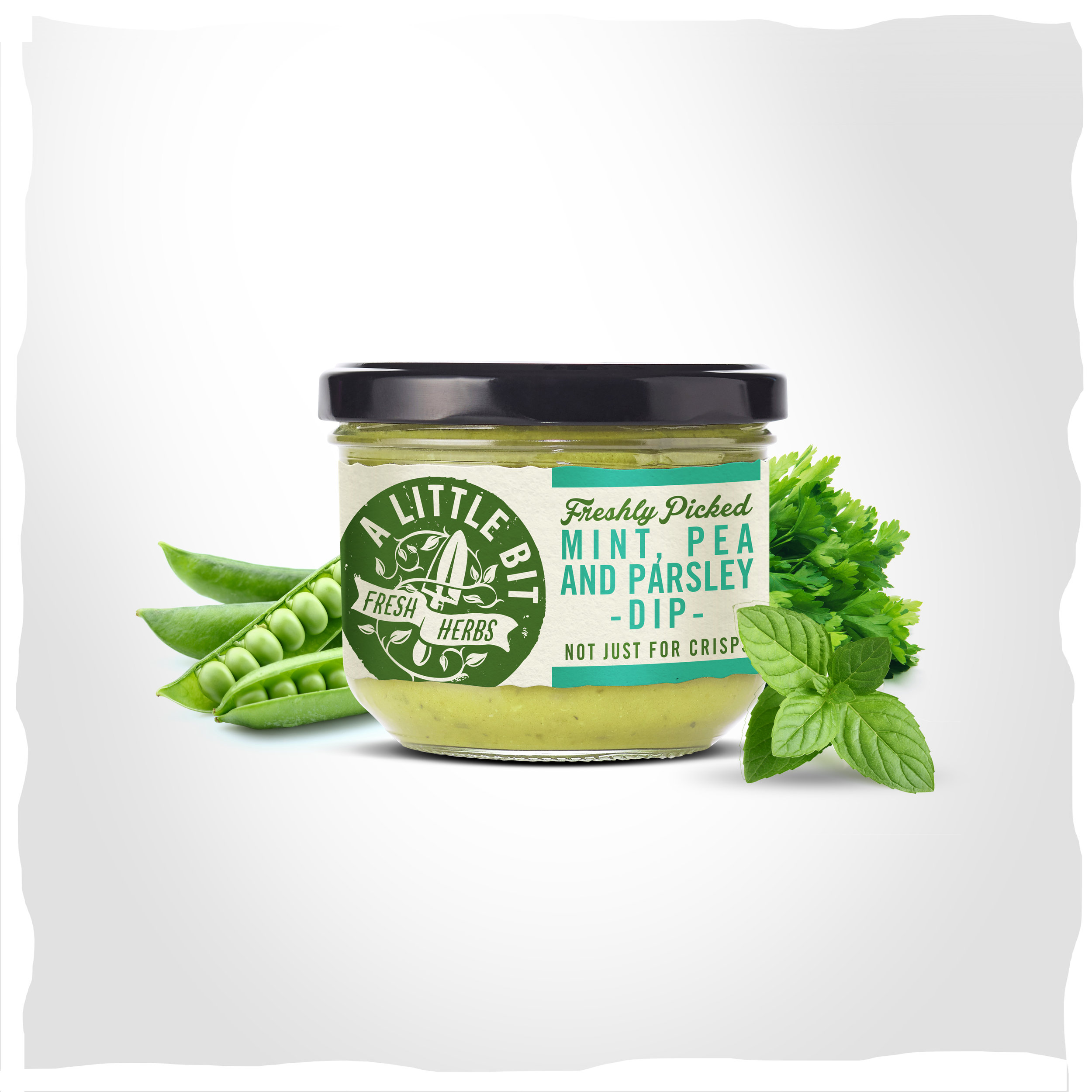We are proud to be supporting Kent’s Plan Bee, having attended the Plan Bee Summit today. With autumn not always being a ‘traditional’ time to highlight our pollinators, we wanted to share a little more about what you can do help support our insect population.
Autumn: Plan Bee
Autumn is the perfect time to get out into the garden and get your garden ready for next spring!
Start by planting Honeysuckle, Ivy, Jasmine Bugbane or Evening Primrose to help feed the different pollinators living in your garden.
What is a pollinator?
Pollinators include anything that helps transfer pollen from the male part of a flower to the female part of the same or other flower. In the UK pollinators include bees, wasps, butterflies, mosquitoes, hoverflies, moths and beetles.
What is the problem?
Insect populations are declining and there is a risk that their habitats will eventually disappear. The loss of pollinators is a direct threat to the food chain, as without them crops cannot be pollinated which has the potential to cause future food shortages.
In Kent, pollinators are essential to the orchards which accounts for 40% of Kent’s total agriculture.
What can we do?
Kent Plan Bee are calling for people to get involved by letting their lawns grow long to encourage wildflowers to bloom and attract a large variety of pollinators into your garden.
Pollinators need shelter such as hedgerows, scrubs, tall grass and holes in tree trunks to nest. They need flowering, semi-natural habitats to forage for pollen and nectar. This includes wildflower meadows, hedgerows, woodland edges, grasslands, orchards and arable crops. In Kent, many of these landscapes are declining and the pollinator populations cannot be supported. Pollinators can find shelter and can forage in other areas including gardens, parks, roadside verges and open areas.
What is Plan Bee?
Kent’s Plan Bee is the Kent County Council’s Pollinator Action Plan, which launched in July 2019 to consider pollinators and their conservation across the county.
Kent County Council (KCC) aims to use the plan to ensure that pollinator’s needs are always considered and that their conservation is considered throughout their work and services to ensure the recovery of the pollinator populations. The plan aims to manage the land and spaces owned by the KCC in a way to benefit pollinators. This includes dedicating areas or boundaries in parks or grass verges to being rewilded and seeds planted for pollinators.
If you want to find out more from Kent’s Plan Bee you can follow them on Facebook here: https://www.facebook.com/Kents-Plan-Bee-100965242154004/














